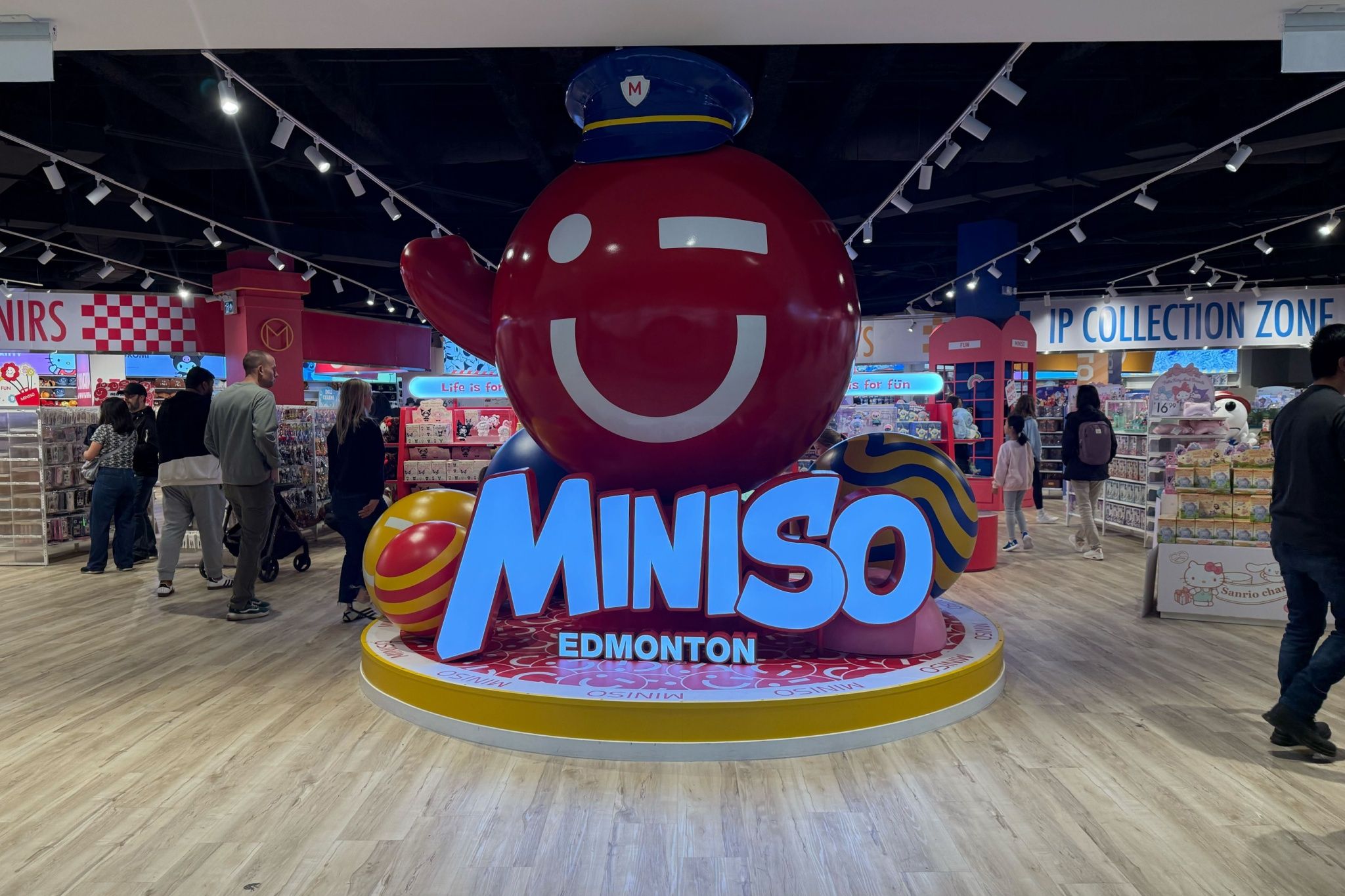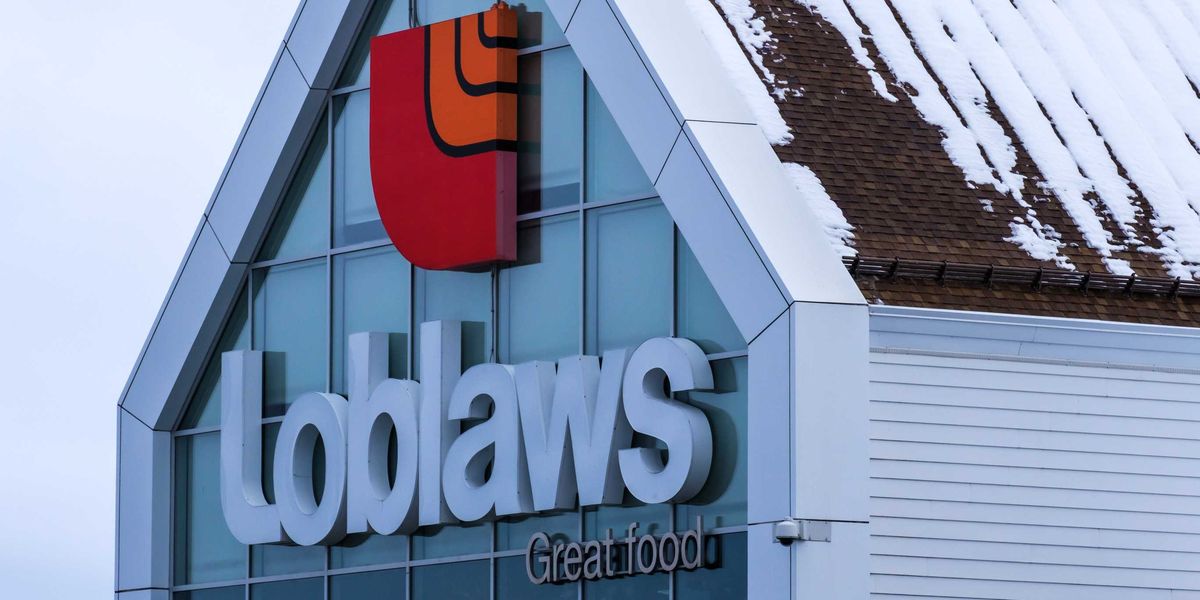A pharmacy manager draws a dose of RSV vaccine into a syringe as she prepares a shot for a patient in Miami. RSV is a common respiratory virus that generally spreads alongside influenza and COVID-19 between November and April.Rebecca Blackwell/The Associated Press
Respiratory viruses are once again beginning their seasonal circulation, with cases of COVID-19 having already spiked while influenza and respiratory syncytial virus, or RSV, infections slowly creep up.
RSV is a leading cause of infant hospitalization in Canada, more so than its viral counterparts. This season, however, most newborns and infants will have access to nirsevimab, sold under the brand name Beyfortus.
This is a single-dose antibody injection that provides passive immunity, meaning a person receives antibodies to a disease rather than producing them through their own immune system.
Before the season ramps up, The Globe and Mail has answers to some of the most common questions on RSV:
What is RSV?
RSV is a common respiratory virus that generally spreads alongside influenza and COVID-19 between November and April.
Typically, it’s no more dangerous than the common cold, but in rare cases can lead to severe illness and complications that require hospitalization or admission to an intensive care unit.
RSV is a leading cause of infant hospitalizations in Canada. Older people and those who are immunocompromised are also at greater risk.
What are the symptoms of RSV?
RSV presents very much like a cold, with common symptoms being a runny nose, coughing, sneezing, wheezing, fever and a decrease in appetite and energy.
In infants, signs of an RSV infection may include irritability, difficulty breathing, trouble feeding and decreased activity. RSV is also a common cause for bronchiolitis and pneumonia in young children.
Symptoms often appear two to eight days after being exposed to the virus.
Who should get the RSV shot?
Canada’s National Advisory Committee on Immunization, an expert panel that issues advice on vaccine use, strongly recommends that seniors 75 and older get immunized against RSV, in addition to adults 60 and older who are residents of nursing homes or other chronic care facilities.
NACI also recommends that people 50 to 74 can decide on the vaccine after consulting with their health care provider.
Protection through nirsevimab is recommended by the Public Health Agency of Canada for any infant entering, or born during, their first RSV season and infants who are at ongoing, increased risk during their second RSV season.
How are provinces making the vaccine available?
Public coverage of RSV vaccines for adults vary by province.
Ontario, for example, announced in August that all seniors 75 and older could get a vaccine at no cost. High-risk adults 60 and older, such as long-term care or retirement homes residents, were already eligible.
In Alberta, community-dwelling seniors 70 and older, adults 60 and older living in continuing care homes or supportive living and adults 60 plus who are First Nations, Metis or Inuit are covered.
Some private insurance plans cover the RSV shot. Adults who are not covered or eligible for a provincially-funded vaccine can pay out of pocket, generally with a prescription from a health care provider.
All provinces and territories offer protection for infants against RSV but eligibility varies. In British Columbia, for example, nirsevimab is only funded for infants deemed at high-risk, such as those with significant heart and lung conditions.
Which RSV vaccines are available for Canadian adults?
There are three vaccines available this season: Arexvy (GSK), Abrysvo (Pfizer) and mResvia (Moderna). All vaccines are authorized to protect adults 60 and over.
However, Arexvy expanded its age indication to adults 50 to 59 at high risk of RSV disease last November.
Abrysvo can also be administered to pregnant people between 32 and 36 weeks pregnant to protect infants from RSV and, as of last month, is approved for use in adults 18 to 59 at increased risk for lower respiratory tract disease caused by RSV.













